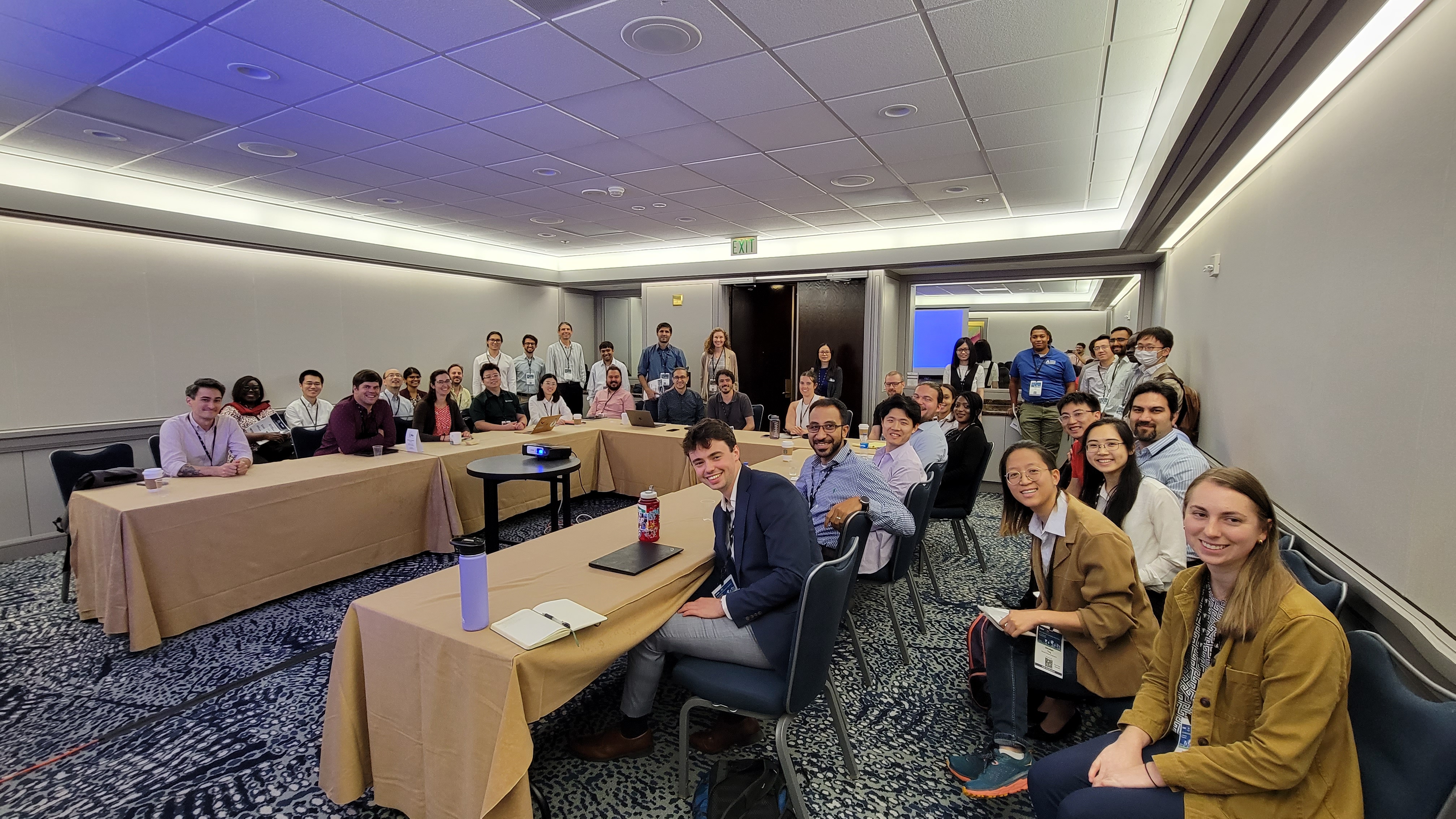IEEE Power and Energy Society Task Force Focused on Equity and Energy Justice
PNNL staff member Bethel Tarekegne leads the way for equity and energy justice in the new IEEE PES task force

Bethel Tarekegne, Systems Engineer
(Photo courtesy of Bethel Tarekegne)
As equity and energy justice concepts are starting to guide important changes in energy system planning, policy, and regulation, it’s important to define the structural role of the electricity grid in this transformation and prepare a new generation of analytical models and industry guidelines. Energy equity recognizes that disadvantaged communities have been historically overburdened by pollution and lack of access to new energy technologies, energy-efficient housing, and transportation. Energy justice aims to integrate concepts of equity and fairness to provide marginalized groups with access to the full benefits of the energy system regardless of ability, race, or socioeconomic status.
Pacific Northwest National Laboratory systems engineer Bethel Tarekegne serves as co-chair of the Institute of Electrical and Electronics Engineers (IEEE) Power and Energy Society (PES) Equity and Energy Justice task force. Along with Miguel Heleno, a research scientist from Lawrence Berkley National Laboratory, Tarekegne leads the power sector to a new frontier in integrating equity and energy justice. Tarekegne focuses her research on understanding the social impacts of renewable and distributed energy systems. She currently leads research projects on energy equity and justice and community-scale/household-level energy storage solutions. In addition to technology-based equity and energy justice studies, she leads broad equity and energy justice efforts, including advancing the application of equity and energy justice in power systems and grid planning through electric utility technical assistance.
The IEEE PES Equity and Energy Justice task force holds an important role in understanding and uncovering the impacts of the power sector on its customers and society at large.
“It’s critical to have a community of industry leaders engaged on the topic specifically when considering the level of impact the energy sector has on communities,” said Tarekegne.
The IEEE PES Equity and Energy Justice task force kickoff meeting was held in Orlando, Florida, in July 2023. More than 40 participants attended the meeting, where the intent of the task force was discussed and participants came up with creative ideas that visualized the objectives of the task force over the course of the next 3 years.

Within the IEEE PES Equity and Energy Justice task force’s 3-year plan, there are many deliverables that the team desires to accomplish. The task force aims to organize panels in relevant conferences and nurture a sense of community for members while sharing research and insights through presentations and publications. The task force also aims to coordinate with other activities within IEEE, other relevant technical/professional societies, and policy and regulatory associations to develop a robust community of researchers touching different topical areas in the equity space, establish collaborative efforts, and generate new technical directions in this field.
“It’s a big milestone to have an equity and energy justice task force in IEEE PES, this will serve as a great influence in the power sector,” said Tarekegne.
See the IEEE PES task force website or contact Bethel Tarekegne for more information.
Published: April 3, 2024